Can China succeed in income distribution reform and get rid of its celebrity economy?
The assets of the top eight tycoons in the world have a combined worth of half the global population, says EAI academic Lance Gore, and the Chinese Communist Party faces a choice: Will China go down the old path of Western advanced capitalism, especially Anglo-American capitalism, and make the same mistakes as them? China has shown resolve in reforming its income distribution issues in various sectors including the entertainment industry. But it is not an easy path as vested interests may still interfere and the people can only rely on the self-purification of the Chinese Communist Party to uphold the regime's people-centred nature.
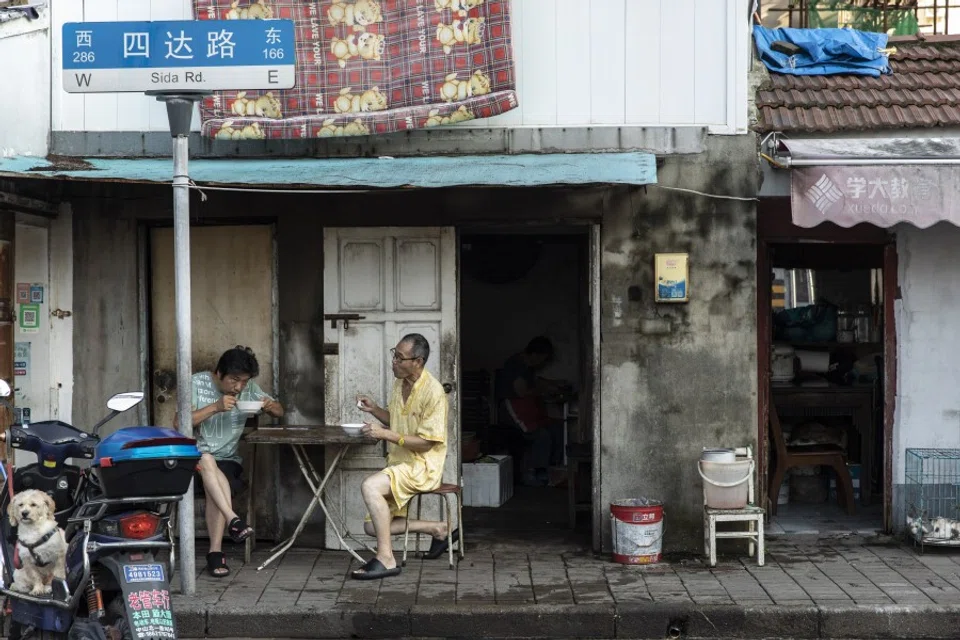
In 2018, the case of tax evasion by Chinese movie A-lister Fan Bingbing was hot news, and her "yin-yang" contracts - double contracts for the same project - was revealed to be a common practice in the industry. Who knows how many other stars will be investigated for the same?
Fan was ordered by the authorities to pay taxes and fines of nearly 800 million RMB. However, even more noteworthy than her tax evasion was her enormous income. In China, the huge income gap is a mockery of "socialism with Chinese characteristics", and a fundamental challenge to the Chinese Communist Party (CCP) in its commitment to socialism.
Ruinous casino capitalism
"Let some people grow wealthy first" (让一部分人先富起来) was the loudest and most effective slogan in launching China's reform and opening up. Deng Xiaoping's intention was for these people to give other people a hand up to wealth - that was his idea of socialism with Chinese characteristics. At the time, he expected that in the foreseeable future, China's per capita GDP would be lower than developed capitalist countries, but China's socialist system would give it an edge in wealth distribution and the Chinese people's lives would be a lot better.
The celebrity economy refers to the concentration of wealth among a few top stars in various industries: celebrity entrepreneurs, investors, CEOs, singers, movie stars, sports stars, and political stars. The celebrity effect is the shortcut to amassing wealth.

Clearly, such a socialist market economy has to be founded on people identifying with the state and the nation, as well as the belief in building a community with a shared future, where there is mutual responsibility among members of society, rather than the currently prevalent individualism; a market economy based on individualism is classic capitalism.
But if these people who get wealthy first are not able or willing to help other people get wealthy, Deng's logic fails and China cannot be said to still be socialist. And if they are not only unable to help the less fortunate, but their own wealth is made through driving more and more people into poverty by suppressing wages, depriving them of jobs, and reducing or blocking their opportunities to rise, then that is casino capitalism, which is prevalent today.
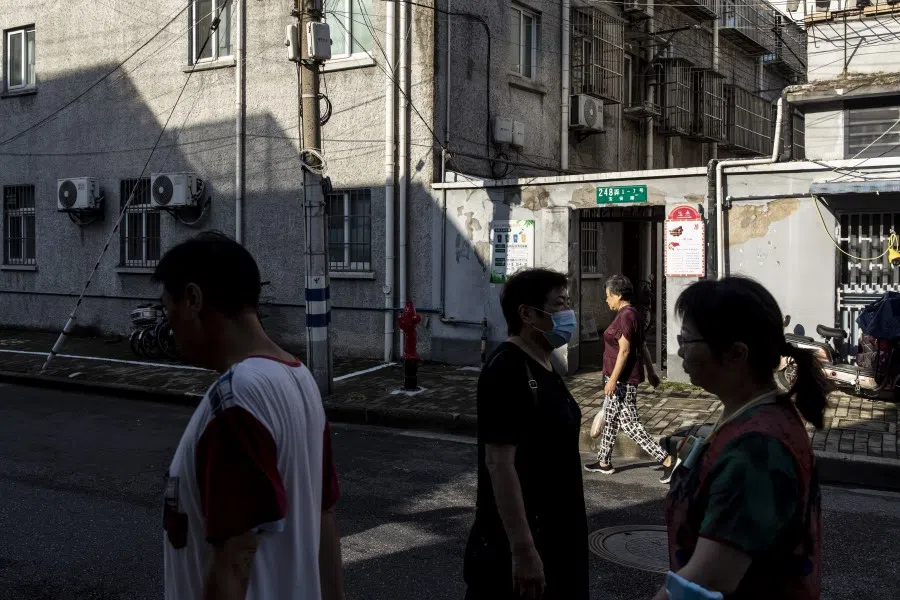
Casino capitalism is manifested as a mindset and is the worst and most damaging form of capitalism. In the real world it takes the form of the "celebrity economy" which is on the rise globally, particularly in the US. The celebrity economy refers to the concentration of wealth among a few top stars in various industries: celebrity entrepreneurs, investors, CEOs, singers, movie stars, sports stars, and political stars. The celebrity effect is the shortcut to amassing wealth.
In 2011, while the US was still struggling in the financial crisis, there were at least 75 top heads in Wall Street whose average daily salary was US$55,000 - the equivalent of the average annual salary of a public school teacher in the US. One CEO had a year-end bonus that was more than the annual combined salary of all public school teachers in New York State; the company he led was making major losses.
The same pattern is seen globally: the assets of the top eight tycoons in the world have a combined worth of half the global population. The CCP faces a choice: Will China go down this path?

The astronomical income of Hollywood's A-listers is well known, and has a general long-term effect on the social psyche. The Fan Bingbing incident is a clear signal of the spread of Hollywood culture and casino capitalism in China, and that they are eroding the spirit and substance of socialism.
In the US, most new wealth generated goes to the top 1% of the population, and many middle-class people are falling back into the lower rungs of society. The middle class is not even half of the US population, and US society no longer shows the classic olive-shaped income distribution pattern typical of a developed society. The same pattern is seen globally: the assets of the top eight tycoons in the world have a combined worth of half the global population. The CCP faces a choice: Will China go down this path?
Erosion of moral values
The income gap is just part of the problem. There is another deadlier aspect. Casino capitalism gets its name from the damage it does to society's moral foundations and lifestyle. When people see rich people making money so easily, their own difficult life seems pointless, and so they envy the rich and famous and fantasise about winning the lottery or getting a windfall by going to the casino or speculating on stocks or property. Somebody once made the ridiculous calculation that even if there were a stack of hundred US dollar bills lying on the ground, it would not be worth it for Bill Gates to bend down and pick it up, because he could make several times that amount of money in the time it takes to bend down.
The basic morals, values and consensus that the US relied on to build the country and rise to become a superpower - honesty, fear of God, abiding by the law, hard work, and rugged individualism - are being abandoned, because they do not work under casino capitalism.
A handful of people can use their unlimited financial resources to monopolise the limited attention of consumers and thus monopolise the opportunity to make money and concentrate huge wealth in a few hands.

Many people work day and night and still cannot make ends meet, much less talk about their future. Out of helplessness, many have given up and rely on government assistance; cutting corners and all manner of cheating and swindling is rife as society decays. The root of the populism that swept Donald Trump into the White House was the general disillusionment and anger among the middle and lower classes, under the impact of casino capitalism.
Clearly, this is not sustainable and would lead to social unrest, but some people pompously defend it in the name of "market rules" and "laws of economics". This is in fact putting up a false front of respecting market patterns while covering up the reality of monopolies. As French economist Thomas Piketty wrote in Capital in the Twenty-First Century, these Wall Street titans are using their monopolistic positions to set their own salaries and bonuses.
Monopolising limited attention spans
The market patterns of the digital economy era have vastly changed. The traditional law of diminishing marginal returns has become one of increasing marginal returns; the situation of marginal costs approaching zero is becoming the norm in many industries. As a result of information explosion and asymmetry, consumers have lost their capacity to discern and make choices. They only recognise certain brands such that money and popularity are concentrated in a few large companies. As such, natural monopoly has taken on a new form. Endorsing celebrities and brands has become the mainstream business model. While other enterprises also offer good products and services, they are unable to compete or simply do not have the chance to do so because oligarchs have already gained the limited attention of most consumers.
The total wealth of mankind can expand indefinitely but the total amount of attention that humans have is always limited. A handful of people can use their unlimited financial resources to monopolise the limited attention of consumers and thus monopolise the opportunity to make money and concentrate huge wealth in a few hands.
They should not take their high incomes for granted or see the tax law as the state exploiting them, and thus try to evade responsibility for the country and society, like Fan.
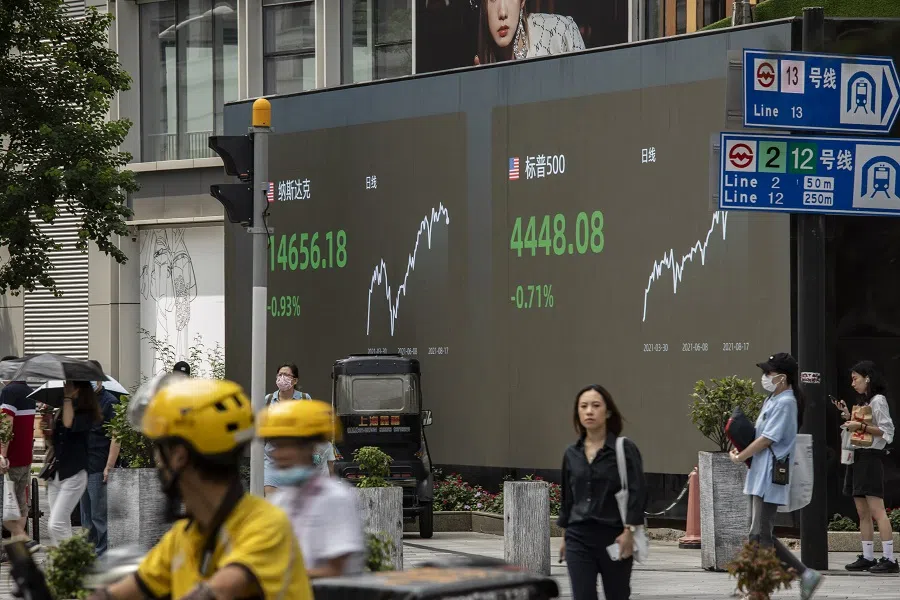
Relative to the opportunities they enjoy, the contributions that the super rich have made to society are far less than the wealth they possess. And only a small portion of such opportunities is created by entrepreneurs through hard work amid tough competition. A large part is obtained through rent-seeking, while another part is objectively created by market changes, technological developments, and geoeconomic situations, as well as population, resource, institution, and policy changes. Most of them have become rich because they are lucky - under such circumstances, anyone could have succeeded as well. Thus, their wealth, status, and sense of superiority are not warranted.
It is their duty to contribute to society and create opportunities for and provide assistance to the majority who are not as lucky. They should not take their high incomes for granted or see the tax law as the state exploiting them, and thus try to evade responsibility for the country and society, like Fan.
Reforming China's income distribution system
In China, the state controls a massive amount of resources and possesses a strong ability to intervene in economic activities. Thus, there are more opportunities for rent-seeking, and it is also easier for wealth to flow into a few powerful hands. Paying court to government officials is also an important feature of casino capitalism with Chinese characteristics. China is learning from the US in many areas and its Gini coefficient is also fast approaching that of the US.
On the other hand, in the case of Japan, the gap between the rich and the poor is much smaller, and the pay differential between CEOs and average workers in the country is also much narrower than in the US. In spite of this, Japan still managed to produce high-quality enterprises and realise high economic growth. This debunked the myth of "market rules". Japan's relatively equal distribution of wealth is based on cultural traditions and social consensus, not blatant monetary relationships. In terms of cultural traditions, China's income distribution should be more like Japan's. But in reality, it is more aligned with the US's income distribution. This is the result of a lack of social consensus and recognition for a socialist community with a shared future.
How can the wealth created by a few people be shared among the majority of people so that the latter will not become what Israeli academic Yuval Noah Harari calls the "useless class"? This is a major problem concerning the fate of mankind.
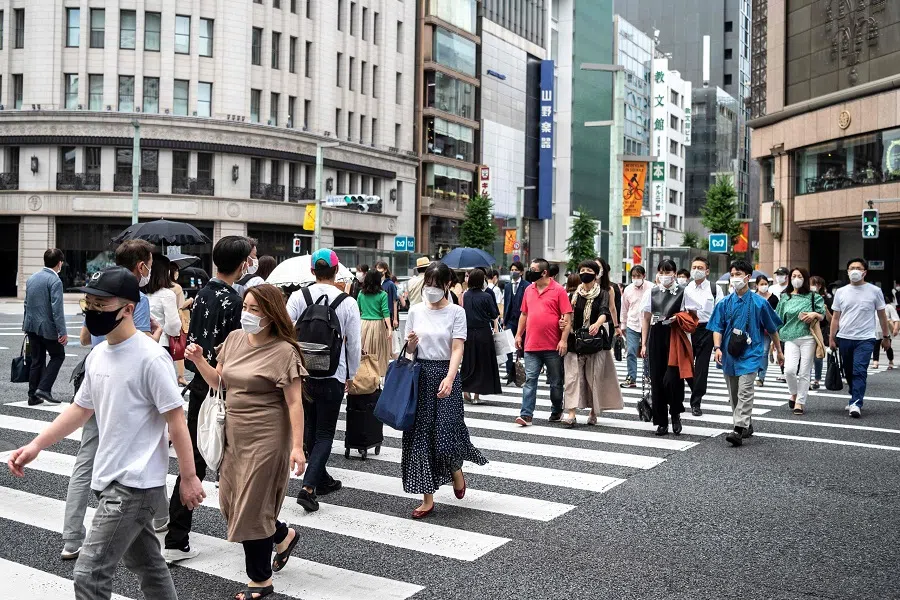
While the Industrial Revolution replaced manual labour with machines, it created numerous white-collar jobs at the same time. The new technological revolution, especially the development of artificial intelligence, is gradually displacing mental jobs, but we have yet to discover new types of labour apart from manual and intellectual labour that could create sufficient new jobs in replacement of the disappearing mental jobs. The future trend is clear: fewer and fewer jobs would be needed to produce sufficient products and services for humankind. How can the wealth created by a few people be shared among the majority of people so that the latter will not become what Israeli academic Yuval Noah Harari calls the "useless class"? This is a major problem concerning the fate of mankind.
Income distribution should be where the advantage of a socialist system lies, but China's socialism with Chinese characteristics is not mature enough. There needs to be exploration and innovation in terms of how the socialist system and market economy can be best integrated, ways to address the dynamics for production and innovation, and how these can organically come together with the income distribution system. And the only way out is to explore and innovate because it is obvious that advanced capitalism is already at their wits' end in these aspects. China has the conditions and foundation to leave behind a great legacy for humanity.
Over the past few years, China has substantially reformed the income distribution system of state-owned enterprises, and the pay of CEOs has become more aligned with core socialist values. Similar reforms are making its way into the sports arena and have also caused a shock wave in the business circle. Fan's incident could have appeared like a chance event, but based on China's political logic, it was bound to happen. It marks the beginning of an income distribution reform in the entertainment industry and symbolises the fact that China will not go down the old path of Western advanced capitalism, especially Anglo-American capitalism, and make the same mistakes as them.
But the difference is, China does not have the safety net of democratic elections; it can only rely on the self-purification of the Chinese Communist Party to uphold the regime's people-centred nature.
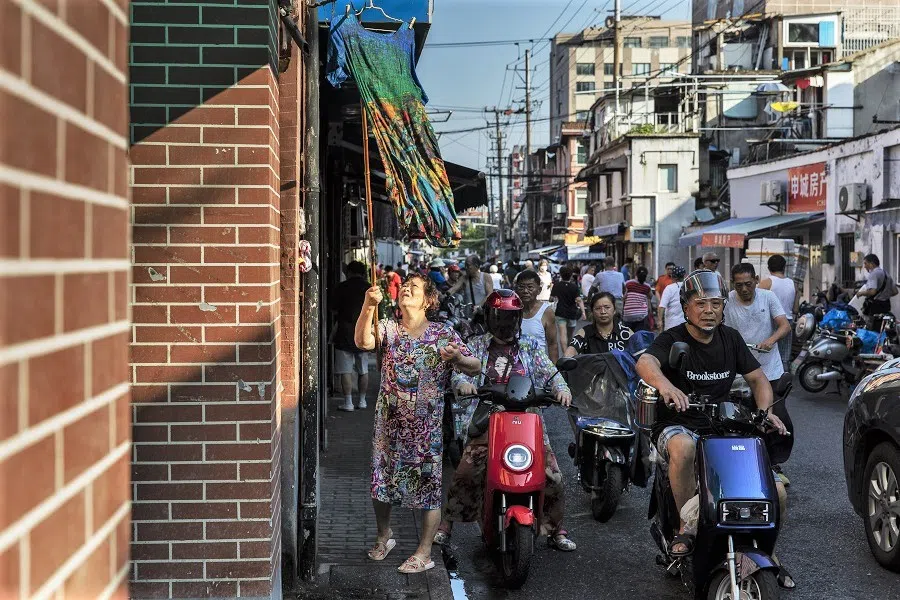
The success of these reforms is dependent on the extent to which China can get rid of the shackles of market theology and old socialist concepts, the degree to which social consensus can be rebuilt, as well as whether it can make a breakthrough in institutional innovation. If these can be done, the aforementioned can be seen as the historical significance of Fan's tax evasion case.
But a real danger is lurking in China as well, and that is the fact that vested interest groups could insist on leading China to casino capitalism in order to maximise their own interests. Similar to Western countries, Chinese vested interest organisations are always inseparable from power. But the difference is, China does not have the safety net of democratic elections; it can only rely on the self-purification of the Chinese Communist Party to uphold the regime's people-centred nature.
The Chinese version of this article was first published on Lianhe Zaobao on 25 October 2018. Related: 'Winner takes all' no more: China is ready to build the socialist regulatory state | Can the CCP forge an inclusive social contract and build a healthy civil society? | Why China is cracking down on big capital | Kris Wu's downfall and the dark side of big capital





